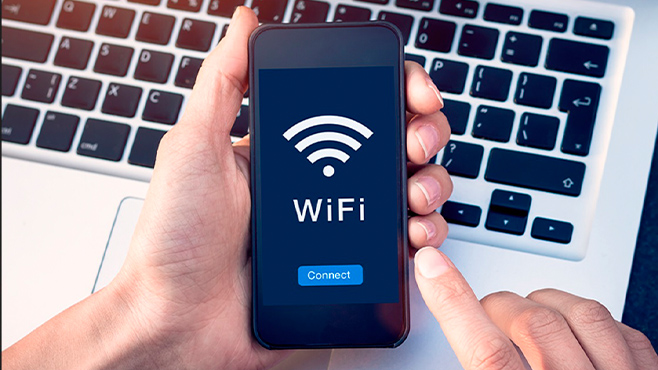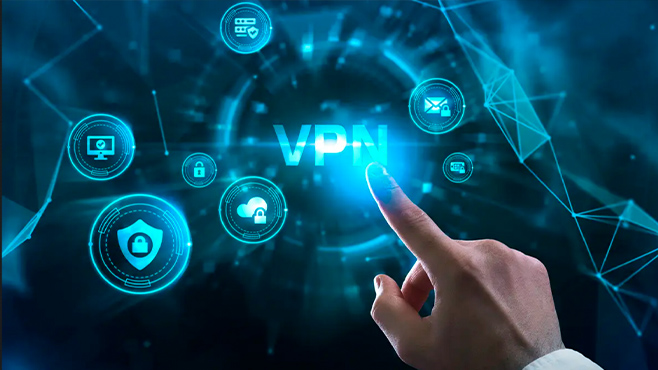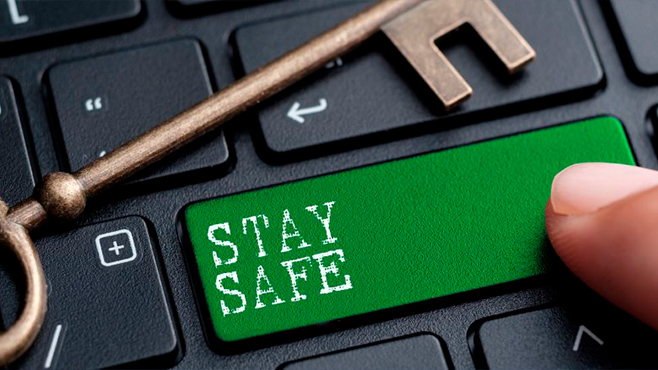Is free Wi-Fi safe?
In today's world, where people prefer to stay connected to the internet round the clock and often seek convenience, they tend to connect to open and free Wi-Fi hotspots when they are away from home. However, these low-security hotspots can be breeding grounds for sneak attacks on unsuspecting users. Hackers can easily steal personal information, hijack sessions, or even trick users into installing malware. In some cases, they resort to packet sniffing, which is a way of monitoring incoming and outgoing information. It is not a direct attack but a method of data analysis for future use.
It's crucial to remember that hackers can access all unencrypted connections. If you wish to protect your data from prying eyes, you can encrypt it. The simplest way to achieve this is using a VPN while accessing free Wi-Fi hotspots. A VPN encrypts your online activity and ensures your data remains secure and private.
At a basic level, if you activate a VPN (or virtual private network) when you go online, it can provide two key benefits.
Privacy - by masking things like your IP address, location, and search history, to keep them from being tracked by websites, internet browsers, cable companies, internet service providers (ISPs), and others.
Security - by helping protect your personal information and other data as it's in transit, or being sent from and received by your device.
Using a VPN offers numerous benefits, but some of the main advantages are:
- Freedom: A VPN allows you to bypass geoblocks and access websites that may be restricted by governments or other entities. This can give you greater access to information and entertainment from around the world.
- Security: VPNs encrypt your internet traffic, making it more difficult for hackers and others to intercept or access your sensitive information. This can protect your online activities from prying eyes and keep your personal data safe.
- Anonymity: By masking your IP address, a VPN can help protect your online identity and make it more difficult for others to track your online activities. This can give you greater privacy and prevent targeted advertising and tracking.
Selecting the right VPN service can be crucial in safeguarding your online privacy. Free VPN services may not offer all the features you need, and some may gather and sell your data to third-party advertisers to offset their costs.
Therefore, choosing a VPN provider that charges a user fee might be a better option if you value your online privacy. A good VPN service should offer a secure private network that protects your personal information from cybercriminals and anyone else who might try to intercept your data.
When choosing a VPN, consider your needs and budget. Make sure the service you select offers the features you need, such as strong encryption, a wide range of server locations, and a no-logs policy. Remember, a VPN gives you control over your online privacy and security, so choose wisely.






